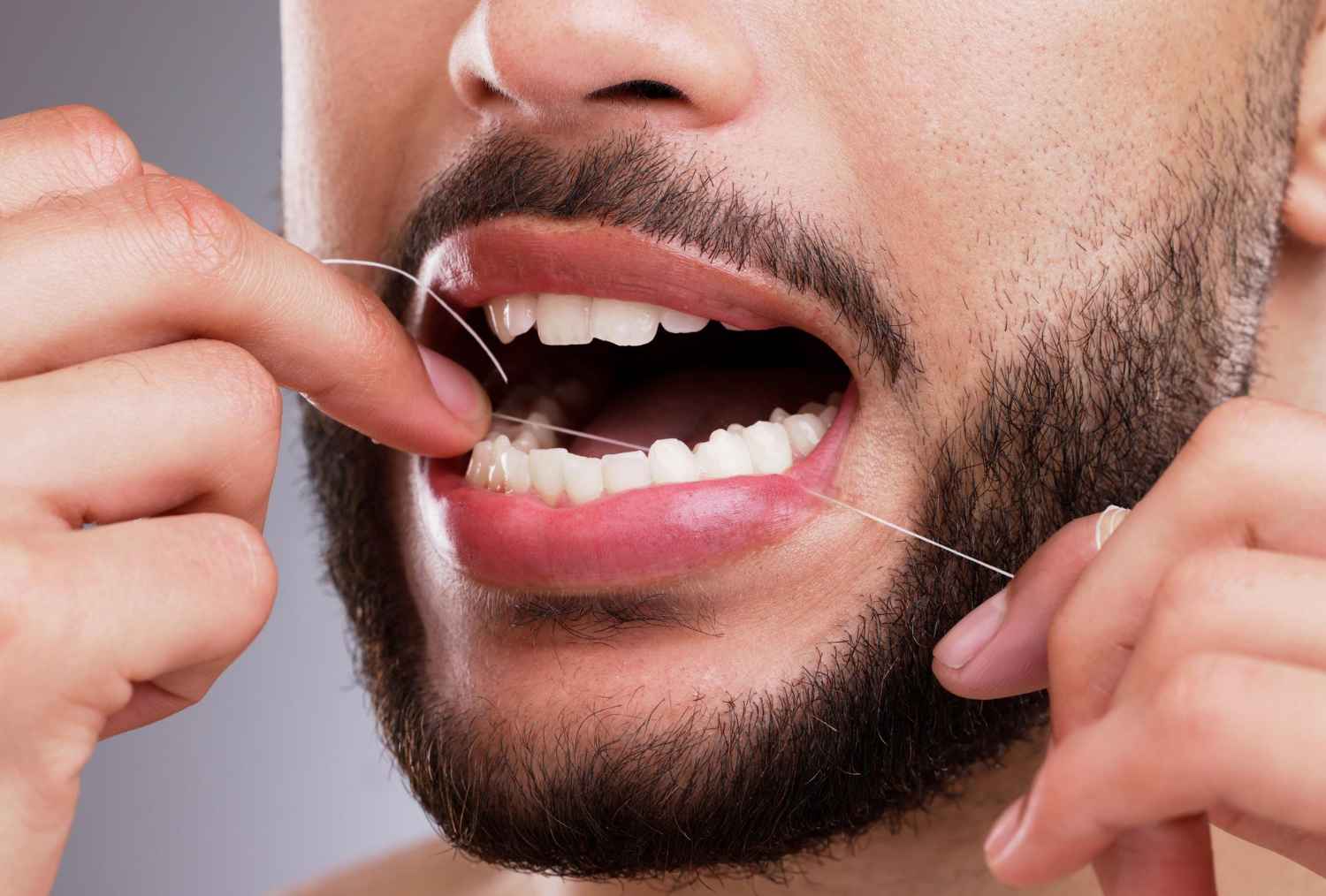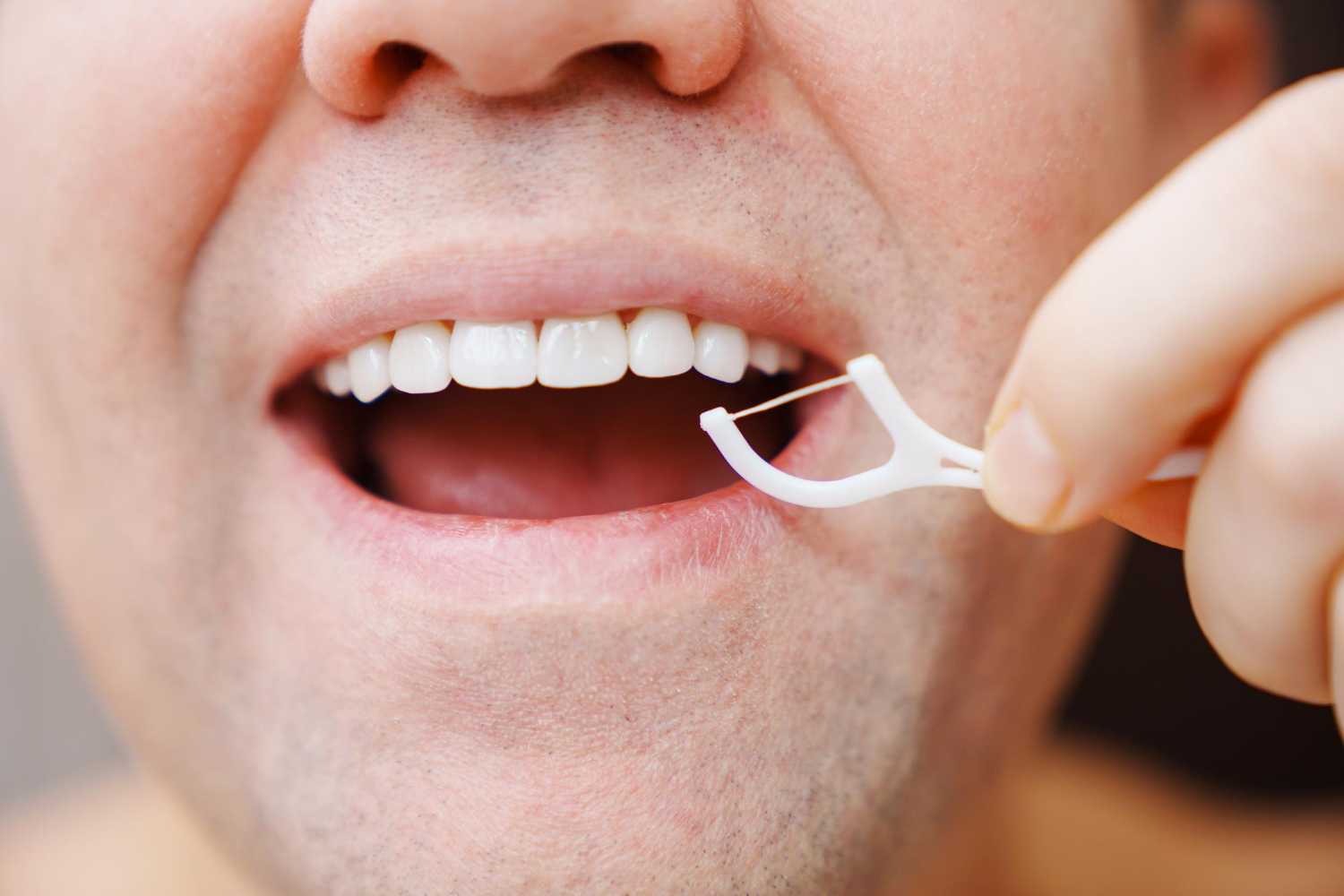Oral health is crucial to general health. Brushing is vital to retaining good teeth and gums, but flossing is equally significant. Nevertheless, most individuals ignore the significance of flossing, resulting in severe dental problems later on.
For most individuals, flossing is not their beloved part of their everyday dental care routine. It can be complicated and, at times, hurtful, requiring additional time in the bathroom.
What is Flossing?
Flossing is often referred to as the procedure of cleaning using a contractile filament known as dental floss.
The cleaning takes place:
- Between the Teeth
- Between the Teeth & Gum
A dental floss is normally composed of the following:
- Silk
- Nylon
- Teflon
They are accessible in different forms, such as:
- String Form
- Ribbon Form
They can be:
- Slightly Waxed
- Un-waxed
- Waxed
Ribbon floss can be used for teeth with adequate space in the middle. It is better to use string floss for teeth with closer contact.

Why is Flossing Important?
Flossing is significant as it eliminates plaque and dinner crumbs between teeth and underneath the gum tissues, which a toothbrush is unable to reach. If left unaddressed, this build-up may give rise to the following:
- Cavities
- Gum Disease
- Tooth Loss
Routine flossing can also be used to avoid unpleasant breath by eliminating food debris that can lead to odour.
Flossing means cleaning between your teeth, and it’s crucial to remember the goal behind each floss. Regardless of which tool you use, whether conventional floss or something different, it is vital to clear the gaps between your teeth daily to eliminate the build-up of food particles and tartar.
Benefits of Flossing
Removing a remaining piece of popcorn or eliminating leftover bits of vegetables in the gap between your teeth feels very good.
However, apart from facilitating your teeth and gums to appear and feel better, flossing also has several more advantages, such as:
Gets Rid of Plaque: Flossing eliminates plaque, the sticky film of bacteria, and the remains of food that can damage your teeth and gums. Left unsupervised, plaque can harden into tartar, enhancing the likelihood of gum infection and cavities. Routine flossing keeps your mouth clean and healthy.
Lowers the Risk of Cavities: Plaque buildup increases your chances of developing cavities by affecting tooth enamel. Flossing daily helps remove hidden food particles and plaque between teeth. This simple habit protects against tooth decay.
Helps Prevent Gum Disease: Flossing can minimise your risk of gingivitis, the initial phase of gum disease, which leads to gum inflammation and bleeding. Without any treatment, gingivitis can become periodontitis, resulting in gum recession and tooth decay. Flossing and regular tooth cleaning keep gums healthy.
Reduces Bad Breath: Enclosed dinner crumbs decompose after a while, resulting in an unpleasant-smelling breath. Flossing eliminates these particles and avoids plaque buildup that leads to terrible breath. It is an easy step to keep your breath fresh.
Might Help Your Heart Health: Good dental care, such as flossing, might lessen the possibility of heart issues like atrial fibrillation and heart failure. Studies suggest a link between teeth health and overall body health. Flossing supports both your mouth and your heart.
Improves Overall Health: Poor oral hygiene can result in severe conditions like heart disease and diabetes. Flossing upgrades oral hygiene and helps avoid these problems. A bacterial-free mouth leads to a healthier you.

Various Types of Flossing Tools and Who Should Use Them
Here are the various flossing tools and who they’re best suited for:
- Dental Tape: Everyone can use it except those with little dexterity or dentures.
- Floss Picks: Individuals with little dexterity can use them.
- Floss Threaders: Individuals with brackets, bridges, and fixed retainers can use them.
- Proxabrush: Individuals with medium to large gaps in their teeth can use it.
- Soft-Picks: Individuals with small to medium teeth gaps can use them.
- Vibrating Flossers: Individuals can use them as a substitute for dental tape.
- Water Flossers: Everybody can use it.
Tips for Flossing Correctly
In case you are new to flossing or just need a refresher on a better way to clean your teeth, the following are a few tips for correct flossing:
- Use the right floss
- Use enough floss
- Glide the floss between your teeth
- Curve the floss
- Use a fresh piece of floss
- Be gentle
- Floss daily

What Can Happen If You Skip Flossing?
The following are the diverse issues that may occur if you don’t floss routinely:
- Bleeding Gums
- Tartar Buildup
- Bad Breath
- Tooth Loss
- Chronic Health Problems
- Disfigured Smile
- Greater Chance of Cavities
- Problems with Pregnancy
- Pneumonia
- Higher Chance of Acquiring HPV
If you have any other questions about flossing or require more guidance on flossing correctly, you can contact our team at Cantt Dental Care anytime by calling us at 0300 0321321!
